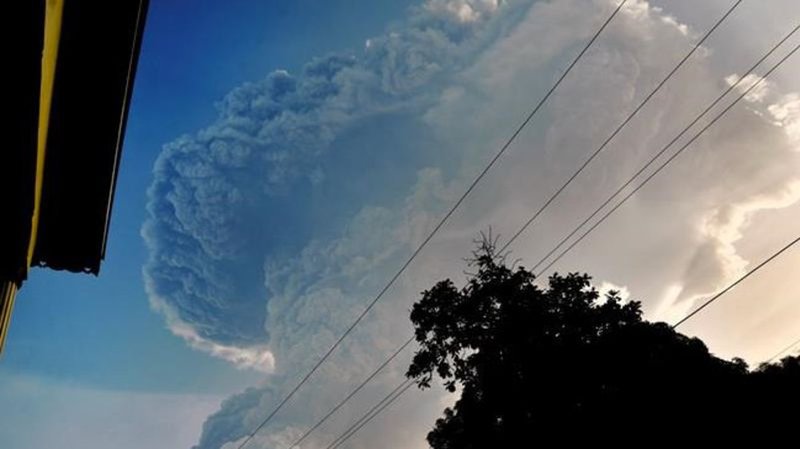
Clots cause vaccine hurdles; U.S. troops in Afghanistan: In The News for April 14
In The News is a roundup of stories from The Canadian Press designed to kickstart your day. Here is what’s on the radar of our editors for the morning of April 14 …
What we are watching in Canada …
Health Canada is expected to release updated data today as concerns about vaccine safety emerge again.
Canada reported its first case of vaccine-induced blood clots linked to Oxford-AstraZeneca yesterday, and the United States put the brakes on the Johnson & Johnson vaccine following six reports of blood clots there.
